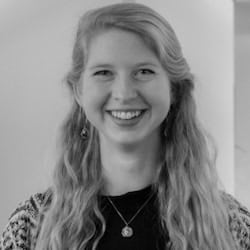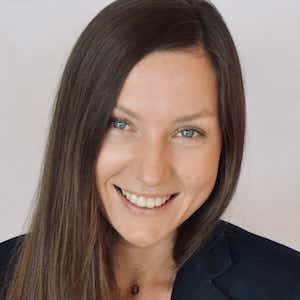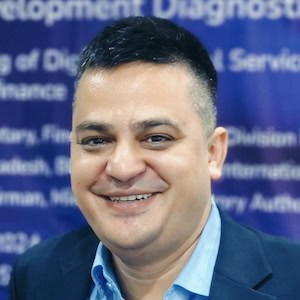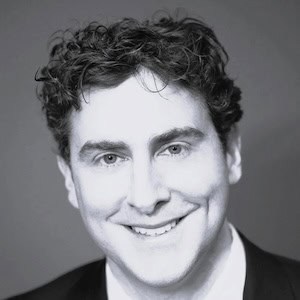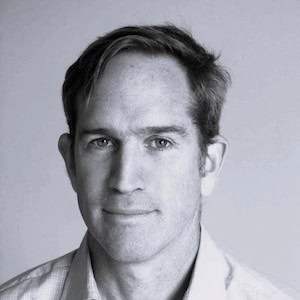-
Tapping New Ideas in Social Entrepreneurship: Yes, they exist
Social enterprise as a discipline and practice is so new that many aspiring entrepreneurs don’t know where to begin. They can now find their way thanks to a new guide stocked with advice from the field. “Breaking the Binary: Policy Guide to Scaling Social Innovation,” recently published by the Schwab Foundation for Social Entrepreneurship, is a how-to on innovation geared toward social entrepreneurs and policymakers looking to improve their organizations.
- Categories
- Education, Social Enterprise
- Tags
- research
-
Social Enterprise Through a Wide Angle Lens : G20 Inclusive Business Workshop Asia focuses on benefits beyond income
Following the annual G20 Summit in Mexico last June, the G20 Challenge was created to celebrate some of the world’s most accomplished social entrepreneurs. Moreover, in order to showcase the winners and share lessons learned at a local level, it began its Regional Inclusive Business Workshops, which bring together select groups of social entrepreneurs, ecosystem builders, policy makers, and academics to discuss salient challenges and innovative ways to surmount them.
- Categories
- Health Care, Social Enterprise
-
The Accidental Social Enterprise: VSee’s unexpected foray into BoP health care
Milton Chen founded VSee to provide a fully encrypted, low bandwidth alternative to Skype. But his video conferencing and screen share application was soon adopted by BoP health care providers, which now represent a growing portion of the company’s business. In this post, Chen describes how VSee has catered to this unexpected market through a suite of innovative telemedicine tools.
- Categories
- Health Care, Technology
-
NexThought Monday – The BoP Beyond Income Levels: Exploring the ‘opportunity access’ approach
The focus of the Base of the Pyramid (BoP) has been centered almost exclusively in the economic limitations of low-income communities. But in our report, “Understanding the BoP from an Access to Opportunities,” we expand this focus and recognize the multidimensional concepts of poverty, including an analysis of the BoP through their access to a joining of five basic necessities: water, energy, education, housing, and information and communication technology.
- Categories
- Agriculture, Education, Impact Assessment
-
Weekly Roundup – 5/4/13 : The stain of trade in Bangladesh
As the death toll in Bangladesh surpasses 500 people in the collapsed Rana Plaza that housed five garment factories employing more than 3,000 workers, new urgency has taken over old debates about the real cost of cheap garments and the role of globalization.
- Categories
- Uncategorized
-
The Social Progress Index:: A new language for development, or 21st century Esperanto?
Therespected Harvard professor Michael Porter, father of the catchphrase "shared value," has come up with the Social Progress Index. His guiding principle: Instead of making any attempt to balance financial metrics, such as income, against social outcomes, such as clean water, SPI simply measures the outcomes.
- Categories
- Impact Assessment
-
Re-evaluating Impact Evaluation: Why solely focusing on financials is flawed and other key points from a recent workshop
Organizations struggle to develop robust impact evaluations. If poorly designed and executed, an evaluation can result in misleading conclusions and waste precious resources. A recent workshop hosted by the Aspen Network of Development Entrepreneurs focused on outcomes data collection and analysis. Anyone concerned with social impact measurement, will want to check out these key points.
- Categories
- Education, Impact Assessment, Investing
-
Viva la Revolucion?: What can other countries learn from Cuba’s health care model?
There are no shortage of reasons to be critical of communism, or of the Cuban government. And free enterprise brings innovative solutions to poverty and health care delivery that top-down systems can’t match. But Cuba’s health care system has managed to deliver impressive results with very limited resources. In this Q&A and presentation, Dr. Peter Bourne discusses the Cuban model, and what developing (and developed) countries could learn from it.
- Categories
- Health Care
- Tags
- public health

